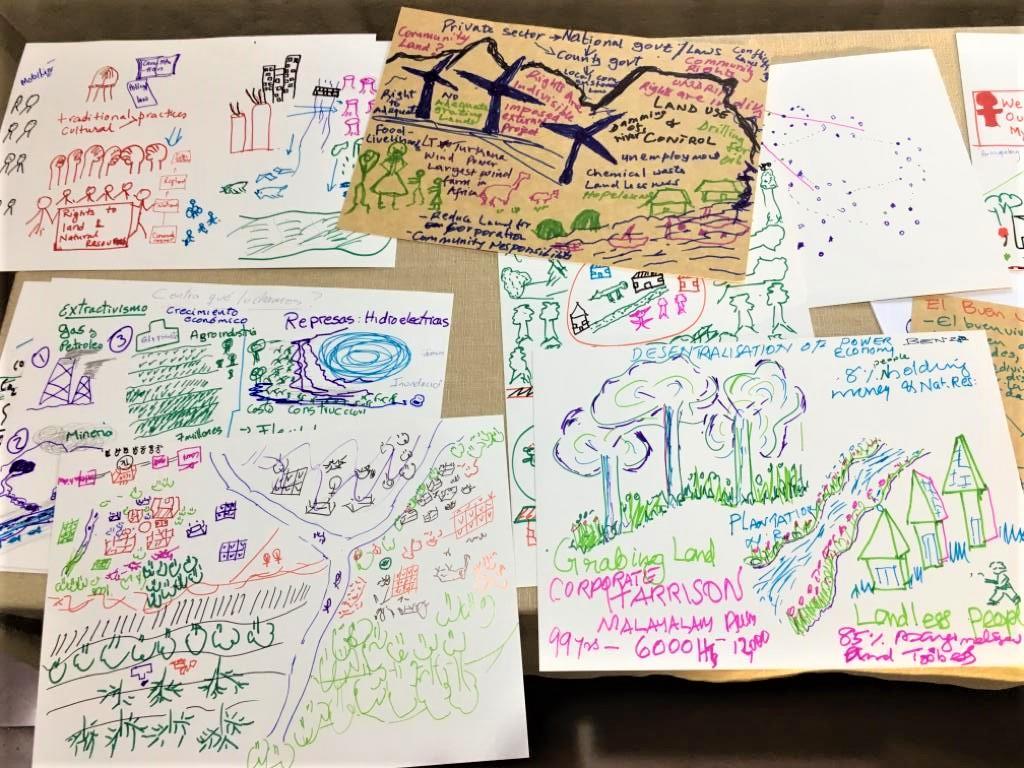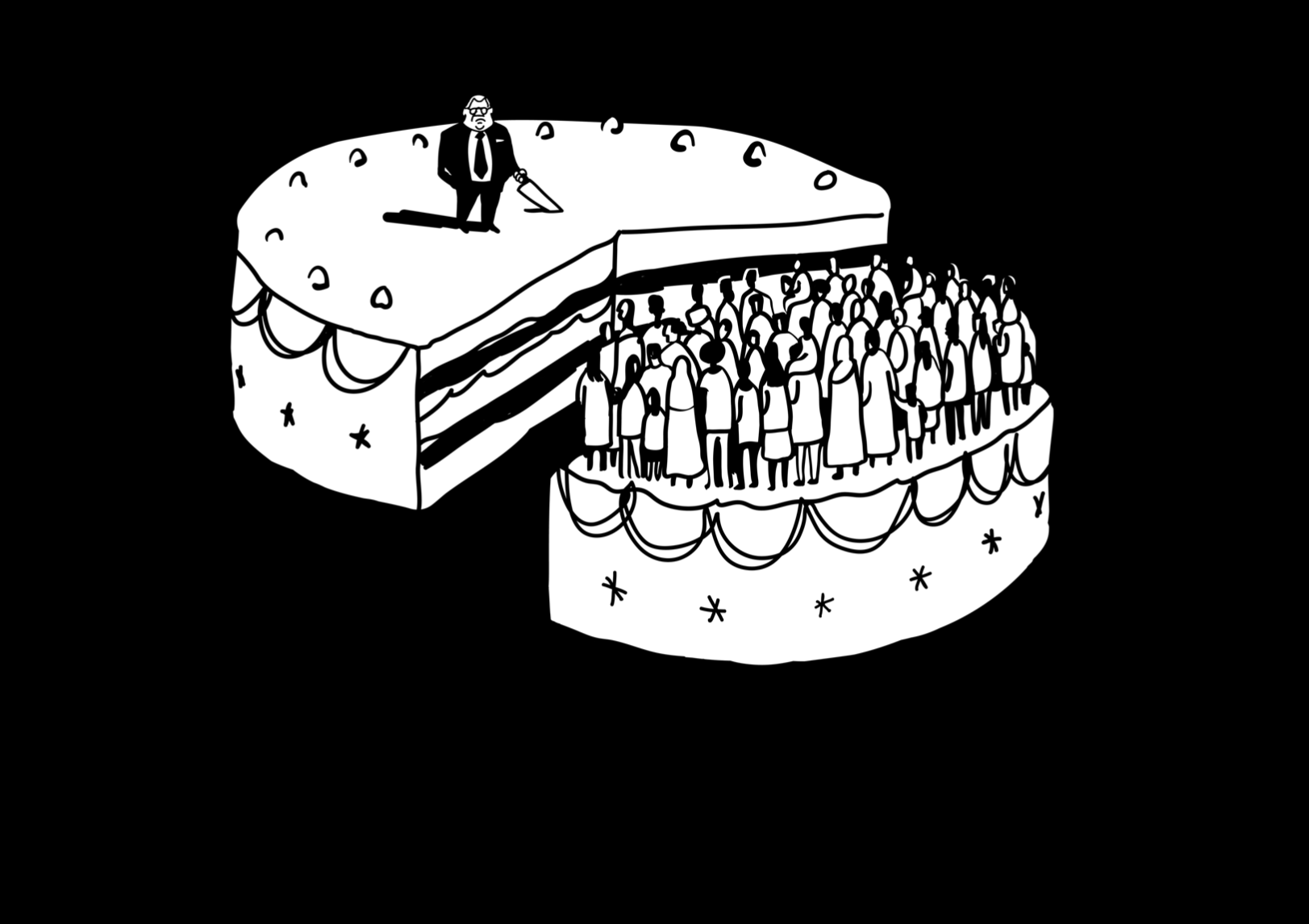The #WomenLeadOnLand video series features testimonies from women leaders of social movements for land, housing, and natural resource rights. Strengthening social movements, and particularly women’s power in struggles for land, housing and natural resources, is one of the main goals of the Women and ESCR Working Group. In the series, women leaders from social movements and grassroots groups from Africa, Asia and Latin America share their stories of strength, resilience and solidarity. These interviews were conducted during the first strategic exchange of women from the grassroots that took place in May 2018 in Nairobi, Kenya.
Women leaders from social movements and grassroots groups from Africa, Asia, and Latin America share their stories of strength, resilience, and solidarity
I think that’s what social struggle is about. Having the ability to grow not just in number but also in quality as a person. And the power of listening to other women, to get to know other women, allows you to strengthen ties of friendship, and solidarity. And if something happens, they also will become engaged in the struggle in your country.

